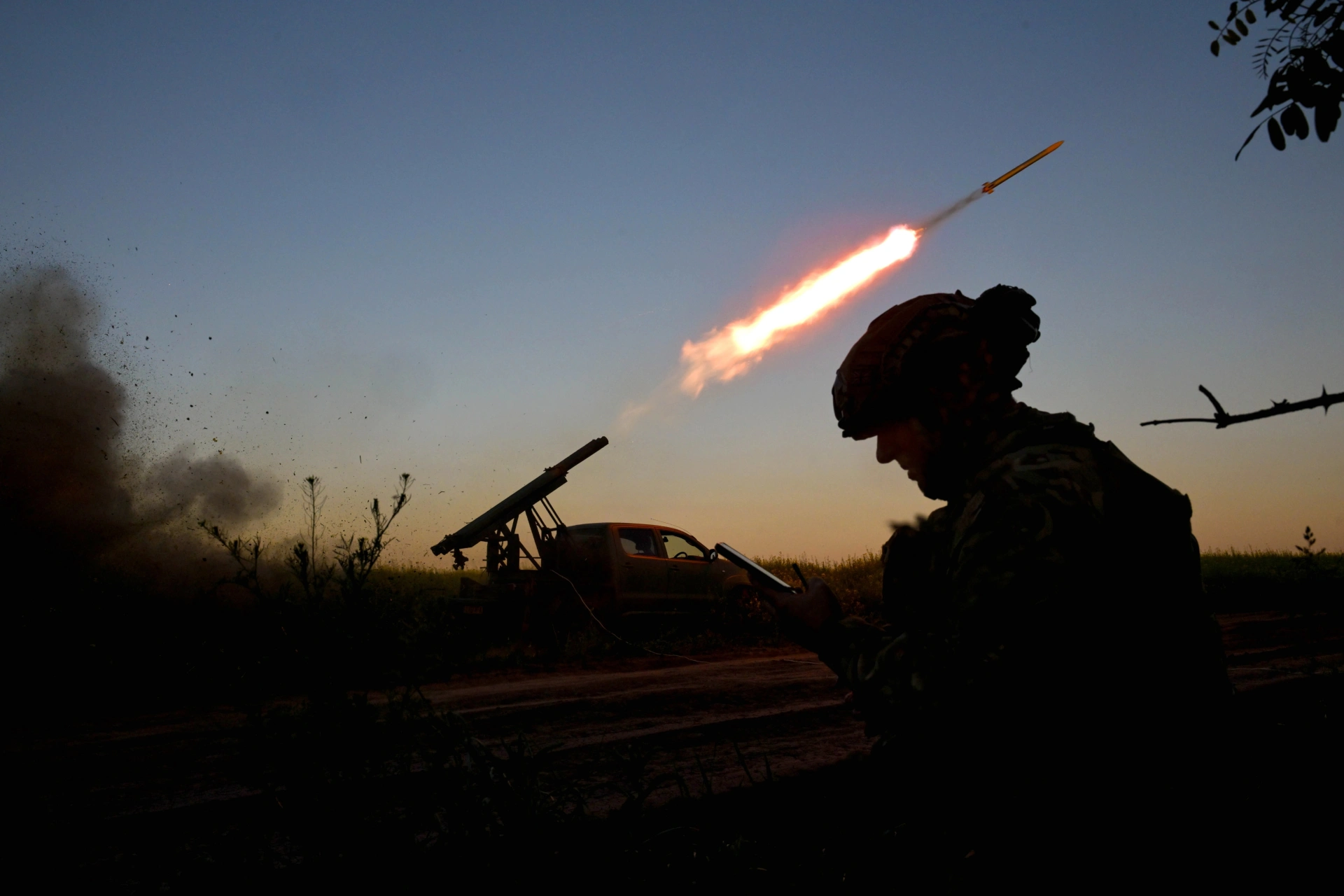Preventing Catastrophic Nuclear Terrorism
BY
- Charles D. FergusonAdjunct Senior Fellow for Science and Technology
Overview
A nuclear attack by terrorists against the United States has the potential to make the terrorist attacks of September 11, 2001, look like a historical footnote.
In addition to the immediate horrific devastation, such an attack could cost trillions of dollars in damages, potentially sparking a global economic depression. Although, during the 2004 presidential campaign, President George W. Bush and Democratic challenger Senator John F. Kerry agreed that terrorists armed with nuclear weapons worried them more than any other national security threat, the U.S. government has yet to elevate nuclear terrorism prevention to the highest priority. Despite several U.S. and international programs to secure nuclear weapons and the materials to make them, major gaps in policy remain.
This report makes clear what is needed to reduce the possibility of nuclear terrorism. It identifies where efforts have fallen short in securing and eliminating nuclear weapons and weapons-usable nuclear materials, and it offers realistic recommendations to plug these gaps in the U.S. and international response. The result is a clear primer on a critical subject and a set of practical proposals that policymakers would be wise to consider carefully.t





